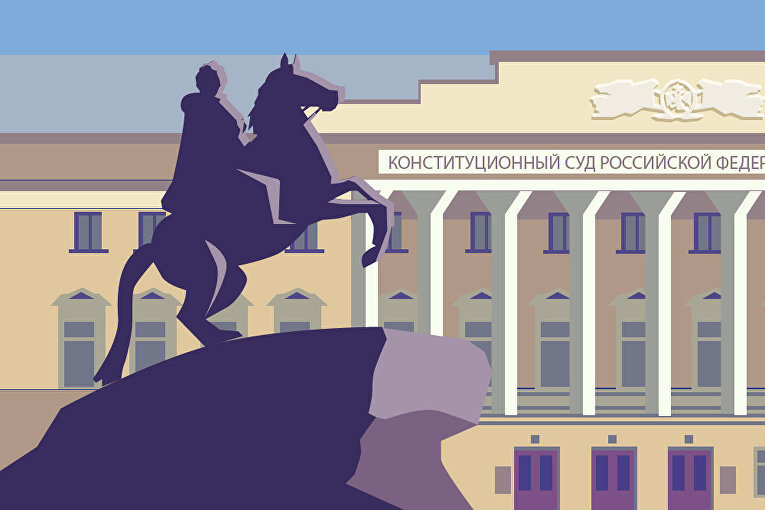ST. PETERSBURG, August 6 (RAPSI, Mikhail Telekhov) — Former deputy head of the Komi Republic, Alexander Burov, attempted to challenge almost all anti-corruption provisions of the Civil Code, as well as some regulations set by federal anti-corruption laws; however, the Constitutional Court dismissed his complaint.
As follows from the materials of the case, while in office, Burov for 3.5 years had been receiving on gratis basis remuneration making 100,000 rubles (about $1,500 at the current exchange rate) a month. After establishing this fact, prosecutors filed a lawsuit to recover 3.4 million rubles ($47,000) from Burov. A first instance court ruled in favor of prosecutors; all appeals submitted by Burov to higher courts were dismissed and the decision was enforced in 2020.
Then the former official decided to check the legality of the norms of the federal legislation not only preventing officials from receiving remuneration, but also other anti-corruption norms of the Civil Code of the Russian Federation and a number of federal laws.
The applicant sought to challenge provisions and regulations, in accordance to which transactions made contrary to the foundations of law and order or morality are recognized as null and void, and courts have powers to collect to the state income everything received by the parties under such transactions, provisions envisaging the grounds for termination of ownership, as well as those establishing prohibition of giving expensive gifts to civil servants.
In this legal context, Burov also challenged the provisions of the federal law introducing control mechanisms as to whether officials' expenditures are in line with their incomes, which allows prosecutors to submit applications to the court for turning illegally obtained funds and benefits into state revenue.
Burov also questioned the constitutionality of certain provisions of federal law on combating corruption, which establish that civil servants are not entitled to receive remuneration (loans, monetary and other types of remuneration, services, compensation of expenditures for entertainment, recreation, transportation costs) and gifts from individuals and legal entities.
According to the applicant, all these regulations did not comply with the Constitution of the Russian Federation, since they allowed to bring persons to legal responsibility for actions that were not recognized as offenses by the law in force at the time these offenses were committed, to collect money received by civil servants as additional remuneration to the state income and as a result of transactions made for purposes obviously contrary to the foundations of law and order and morality, as well as those allowing prosecutors to arbitrarily and at their own discretion seek in courts seizure of property to the state income from persons violating anti-corruption legislation.
The Constitutional Court, having considered Burov’s claims, indicated that all the regulations and rules contested by Burov could not be regarded as violating his constitutional rights, and dismissed them.



